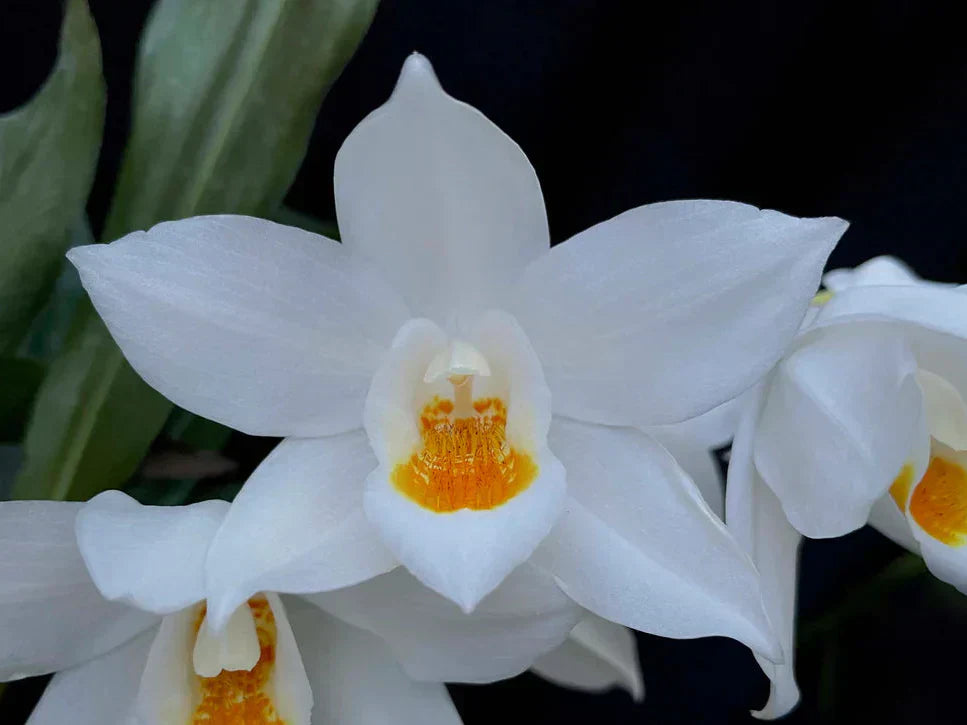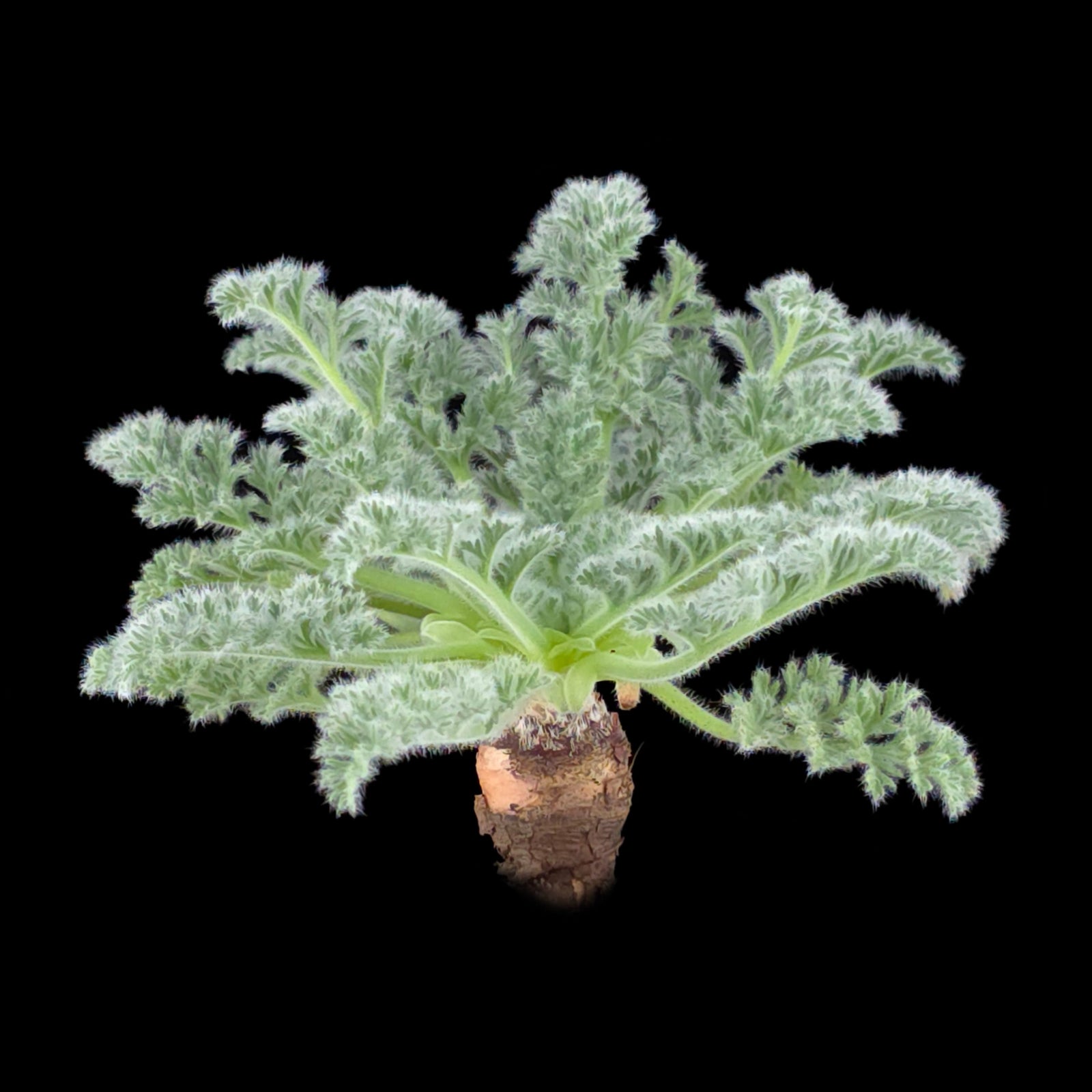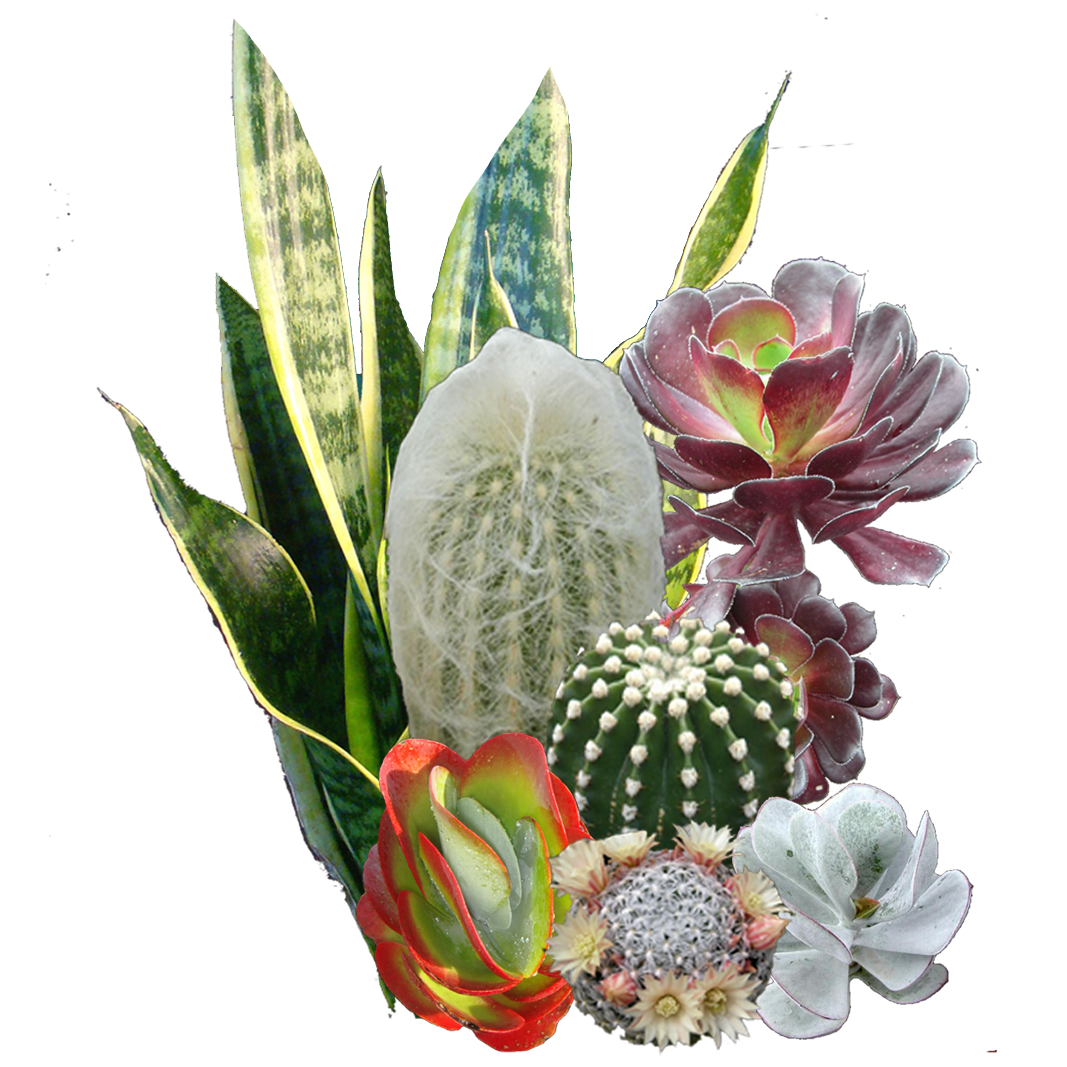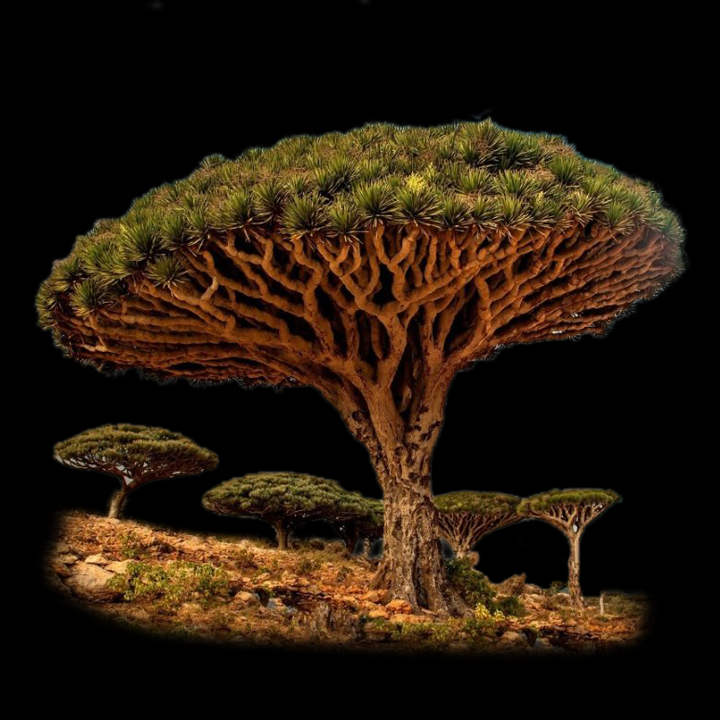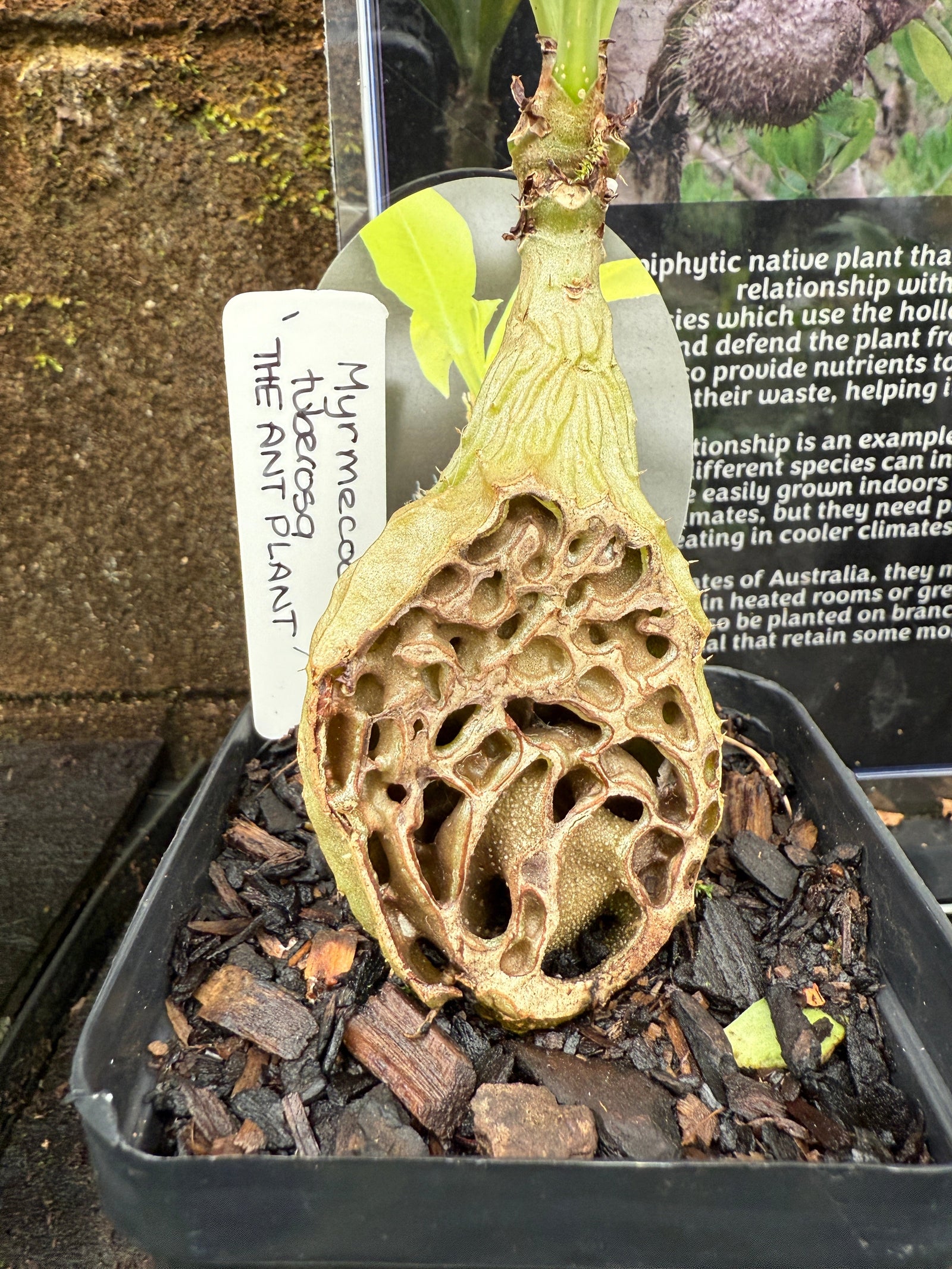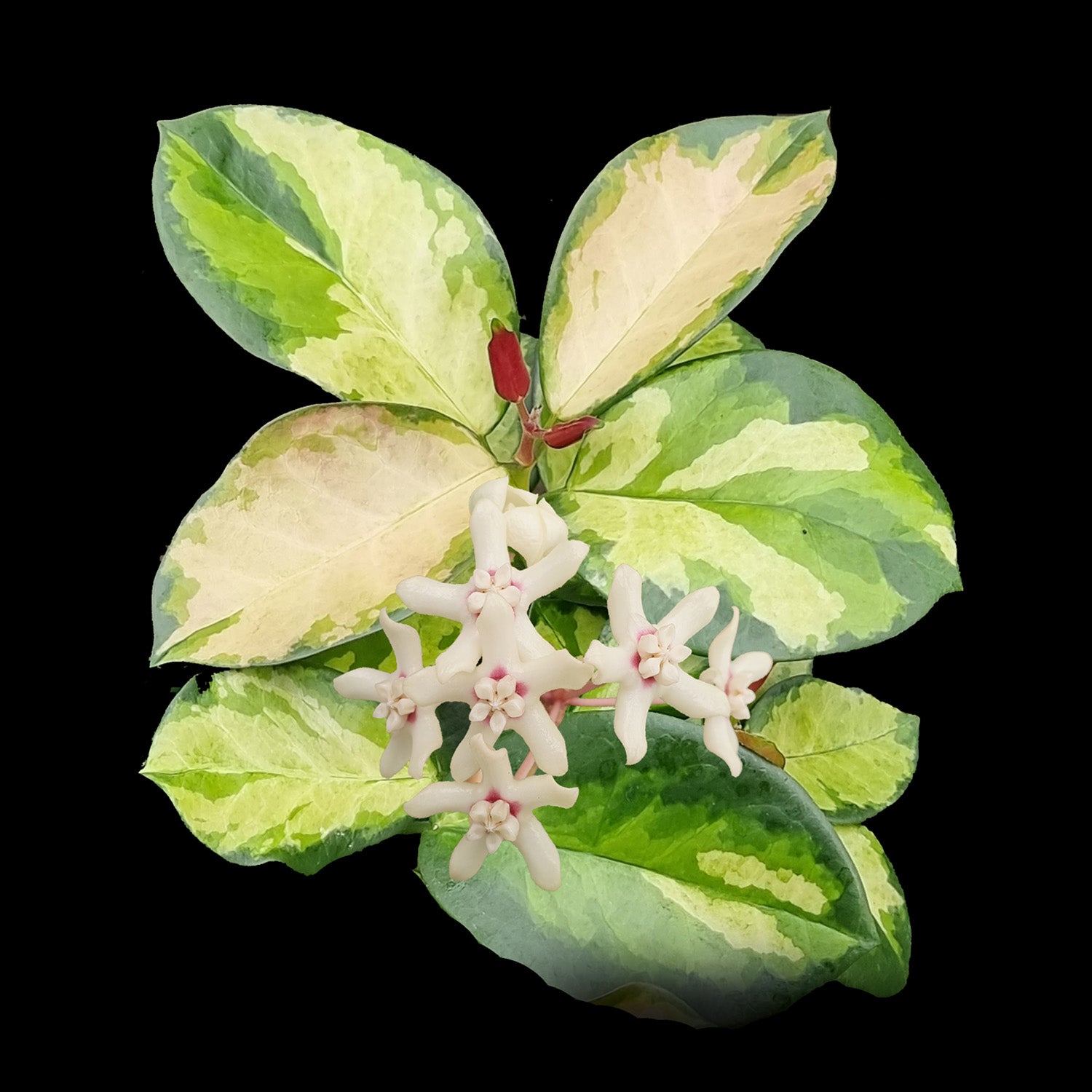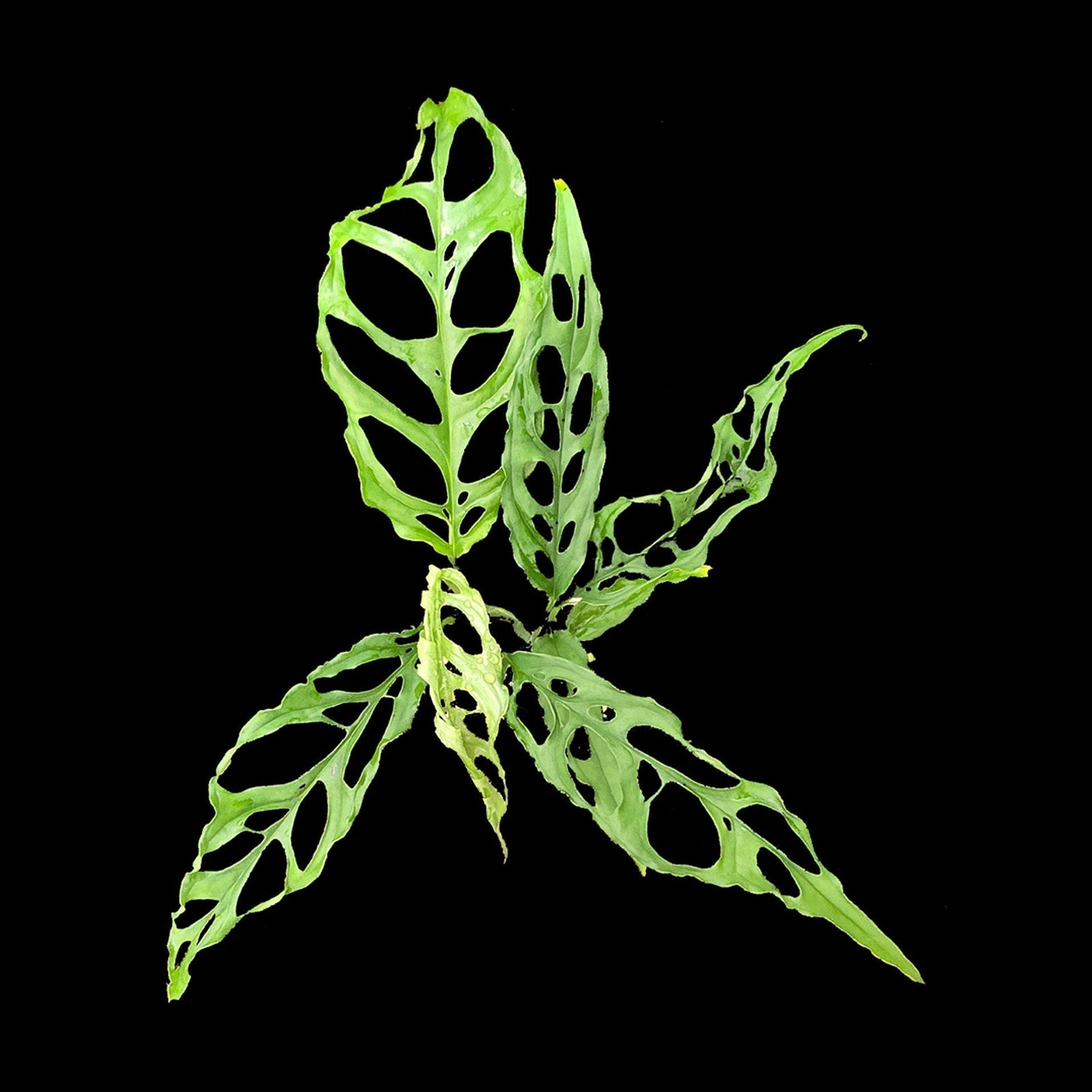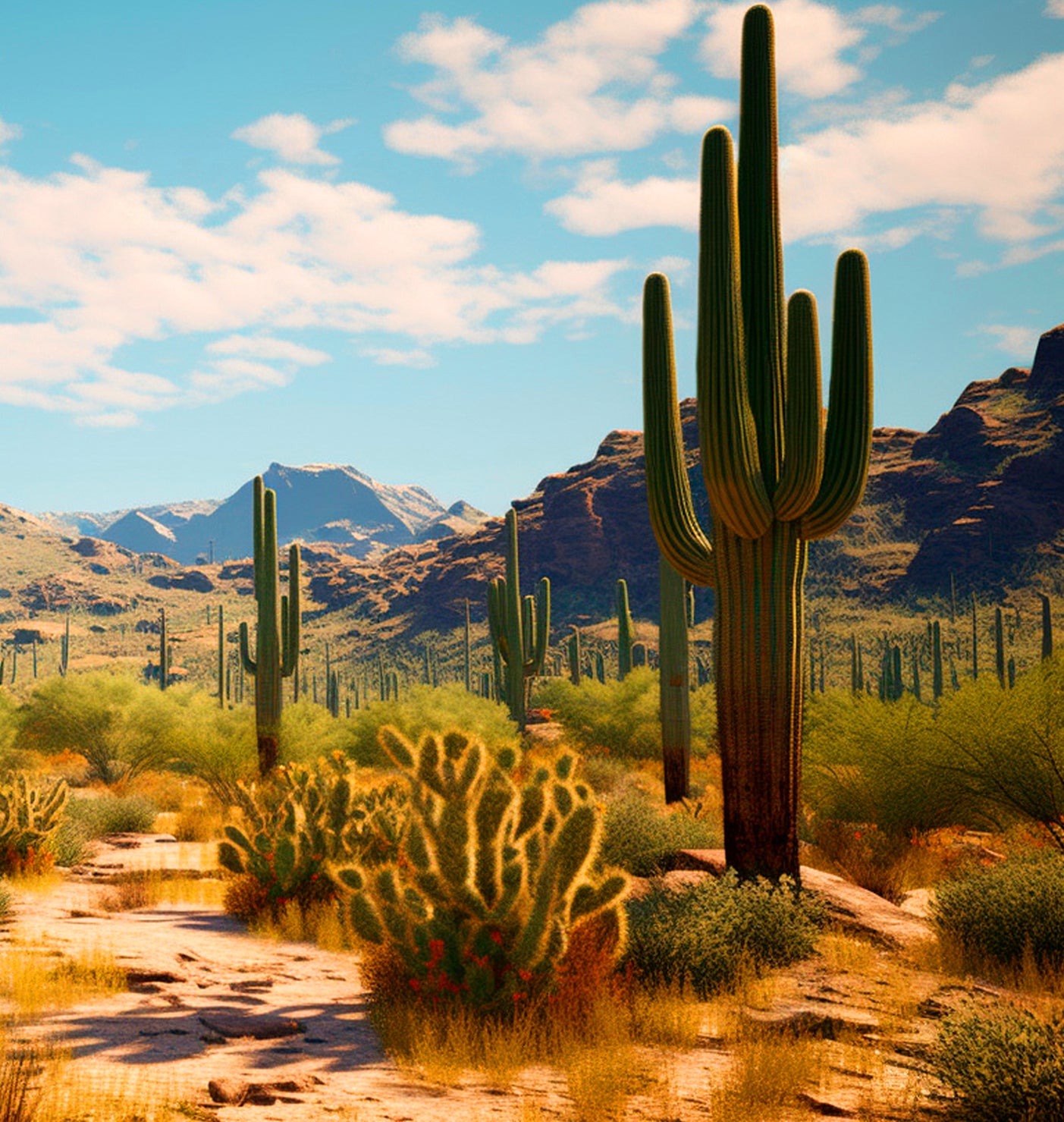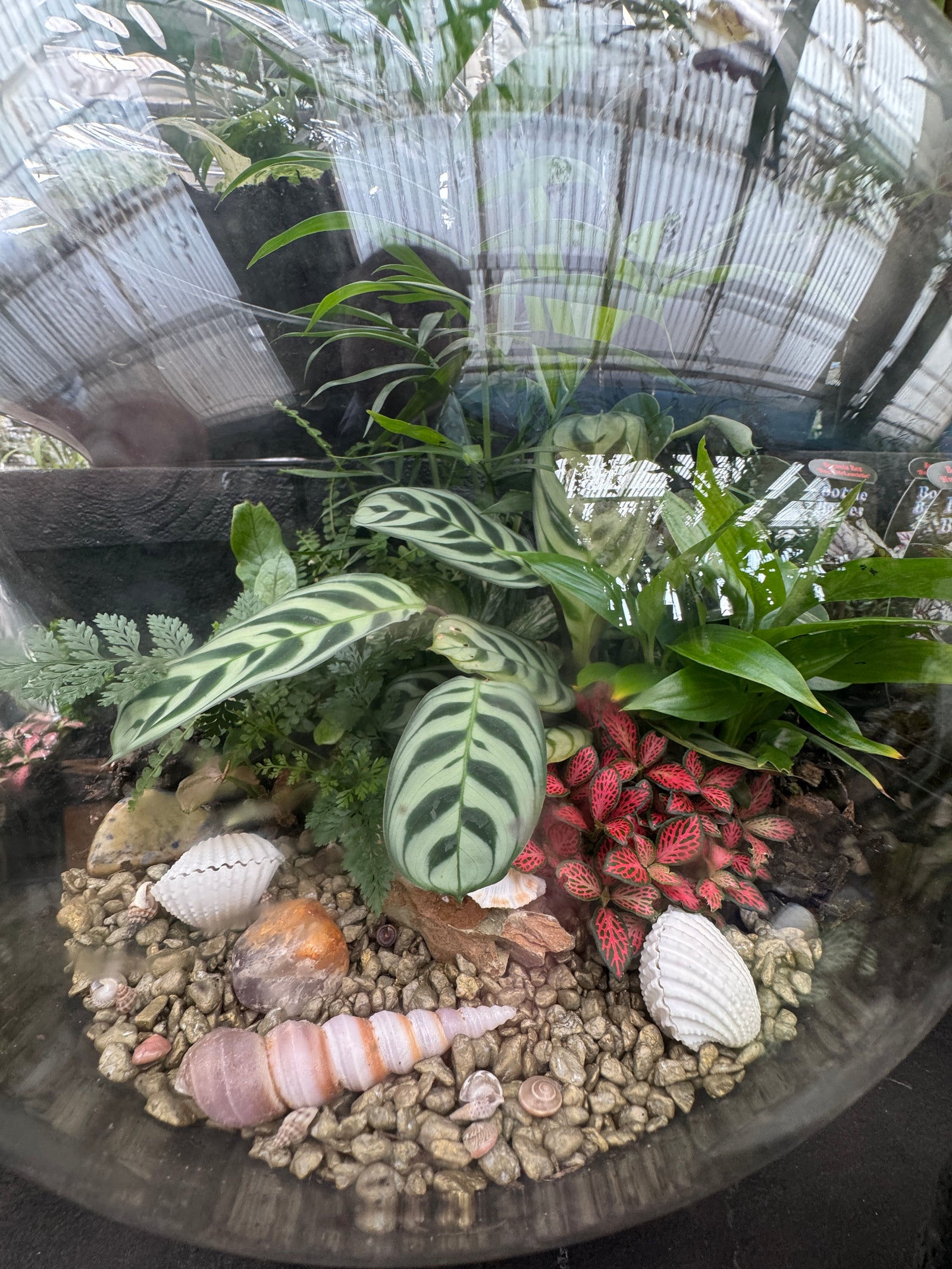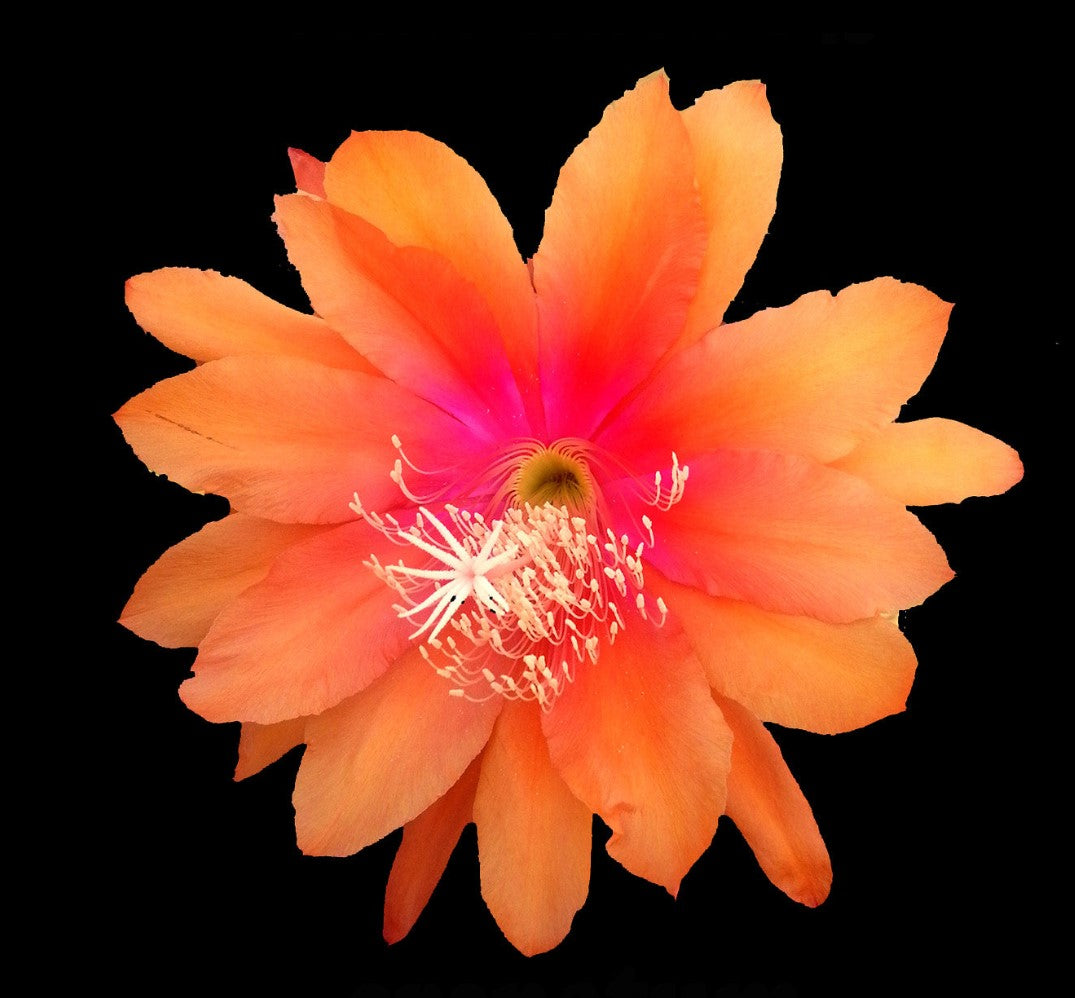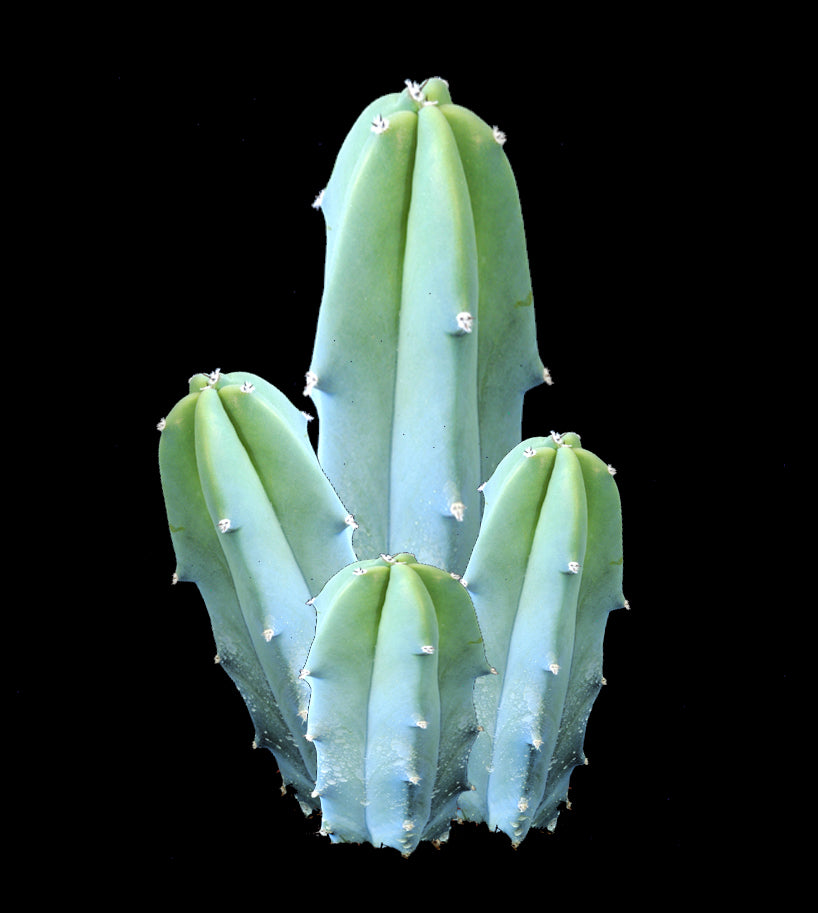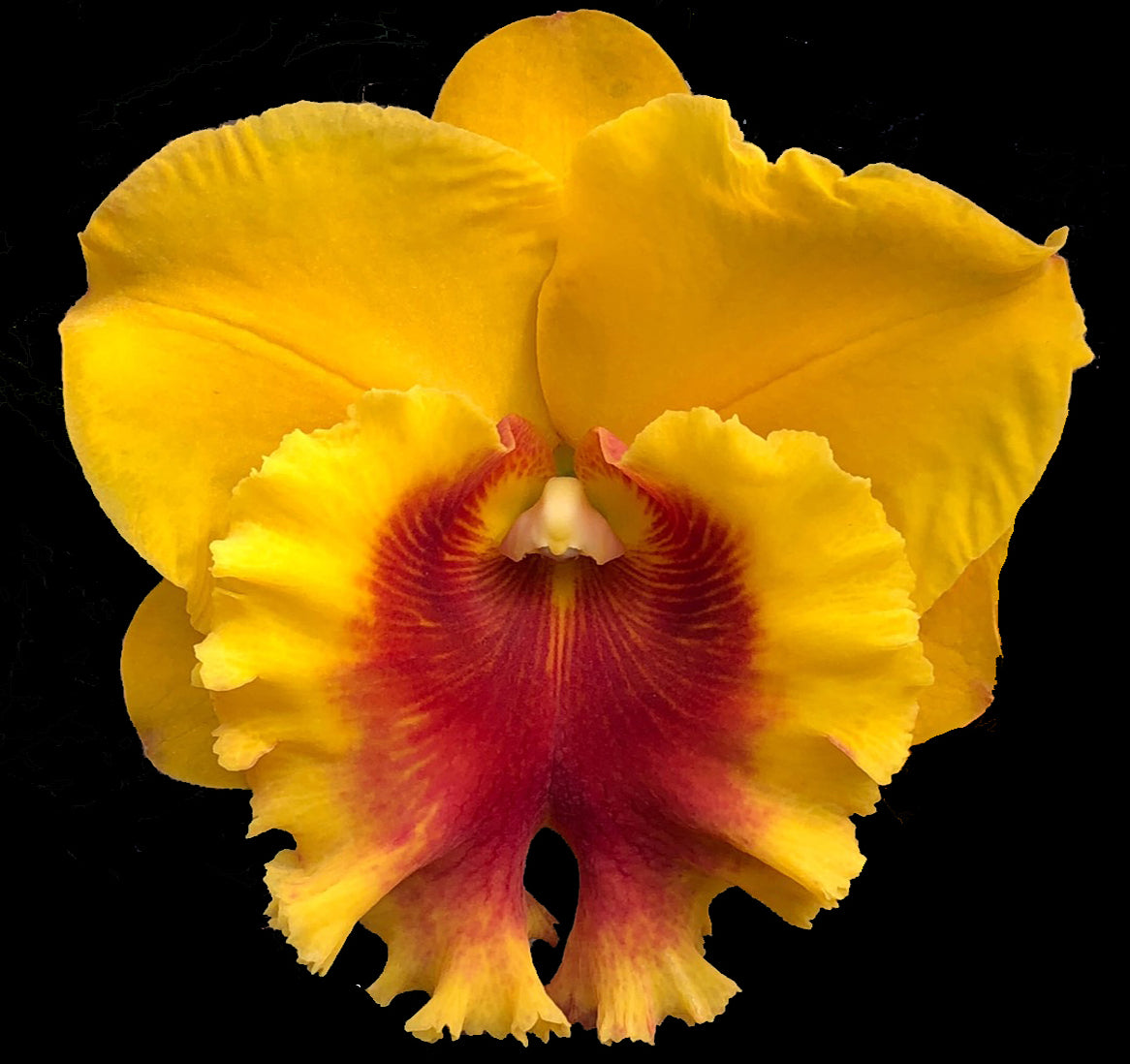The Problem: Glands Without Glisten
The "dew" or mucilage on a Sundew (Drosera) is essential for its survival. If your plant is healthy but the leaves look dry, flat, or lack the glistening droplets, the plant is stressed and unable to produce its traps.
The three core reasons for dew loss are mineral contamination, humidity stress, or insufficient light.
Root Cause 1: Water Purity (The Quick Fix)
The sticky mucilage is composed almost entirely of water. Any mineral content in the water can clog the delicate glands on the tentacles, causing the plant to stop producing dew instantly.
- Solution: The fastest way to restore dew is to flush the pot thoroughly with several litres of Pure Water (RO/Distilled). This process leaches the minerals from the soil.
- Mandatory Purity: Ensure you are using the correct water source going forward. Reference our guide on The Zero-Tolerance Rule for water purity guidelines.
Root Cause 2: Insufficient Light (The Energy Drain)
Producing mucilage requires significant energy. If a Sundew is not receiving strong light, it prioritizes leaf survival over trap production, leading to dry tentacles.
- Light Check: Sundews should be grown in full sun or under very bright conditions that enhance their red coloration. If your plant is uniformly green, it needs more light.
- Sub-Tropical Types: Varieties like Drosera capensis and D. spatulata will quickly cease dew production indoors without supplemental grow lights.
Root Cause 3: Environmental Stress
The physical environment plays a large role in the dew's ability to form and persist.
- Low Humidity/Drafts: Dry, moving air (such as from a fan, air conditioner, or open window) can evaporate the mucilage faster than the glands can produce it. Place your Sundew out of direct, harsh drafts.
- Dormancy Stress: Temperate varieties that are incorrectly woken up or are stressed during their cold period may lose their ability to produce dew. If your plant is a Temperate type, ensure you are managing its rest period correctly by reviewing our guide on Drosera Dormancy.
Dealing with Pests
Pests like aphids can hide deep in the crown of the plant and damage the delicate tentacles, reducing dew production. If the dew loss is sudden and localized, check for infestation. Refer to our guide on Dealing with Aphids & Mealybugs for chemical-free treatment options.

































